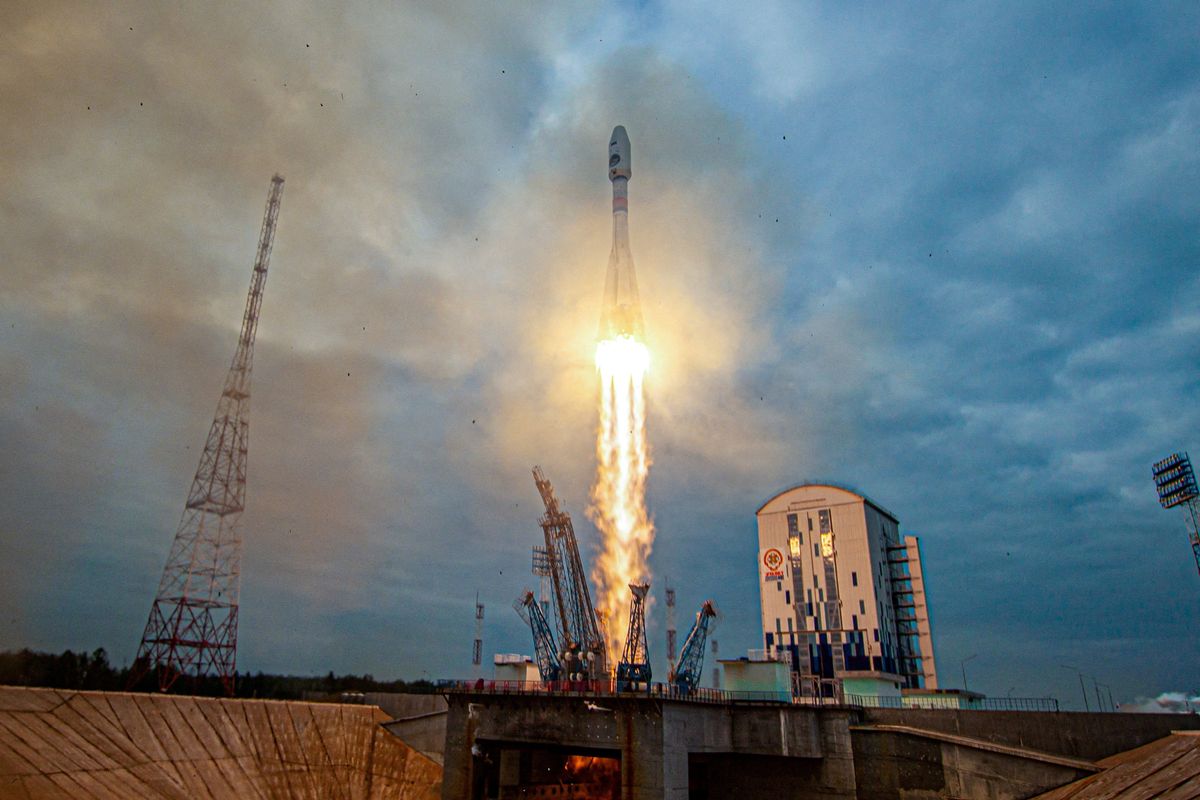Russia’s first lunar mission in 47 years made contact of the wrong kind this weekend when its Luna-25 spaceship crash-landed on the surface of the moon. According to the Russian space program Roscosmos, the craft, also called the Luna-Glob-Lander, “switched to an off-design orbit” before it met its demise.
Luna-25’s failure presents a serious setback for the Russian space program. The robotic craft was supposed to journey to the moon’s underexplored south pole and study the atmosphere for one year. It was also supposed to pave the way for future lunar exploration, including a possible joint mission with China, and restore Roscosmos' tattered reputation: It last landed a craft on the moon at the height of the Cold War.
What went wrong this time? Moon landings are notoriously tricky, but apparently, the Russians were also “having a lot of problems with quality control, corruption, with funding,” according to Victoria Samson, Washington director for Secure World Foundation, which advocates for the peaceful exploration of outer space.
To compound Russia’s chagrin, Roscosmos’ credibility will take a further hit if the Indian Space Research Organisation makes a successful landing of its Chandrayaan-3 spacecraft on Wednesday. India launched a moon-bound rocket and rover back in July with the hope of becoming only the fourth country to do so after the US, China, and Russia. If it successfully lands on the south pole, the 1.4-billion-strong country will go a long way toward establishing itself as a major player in today’s space race.


















